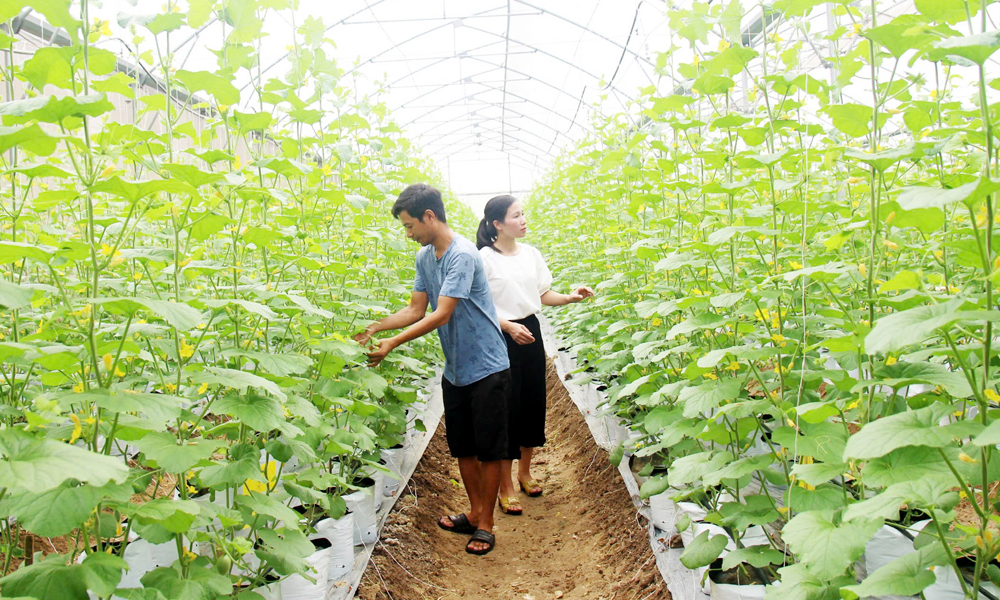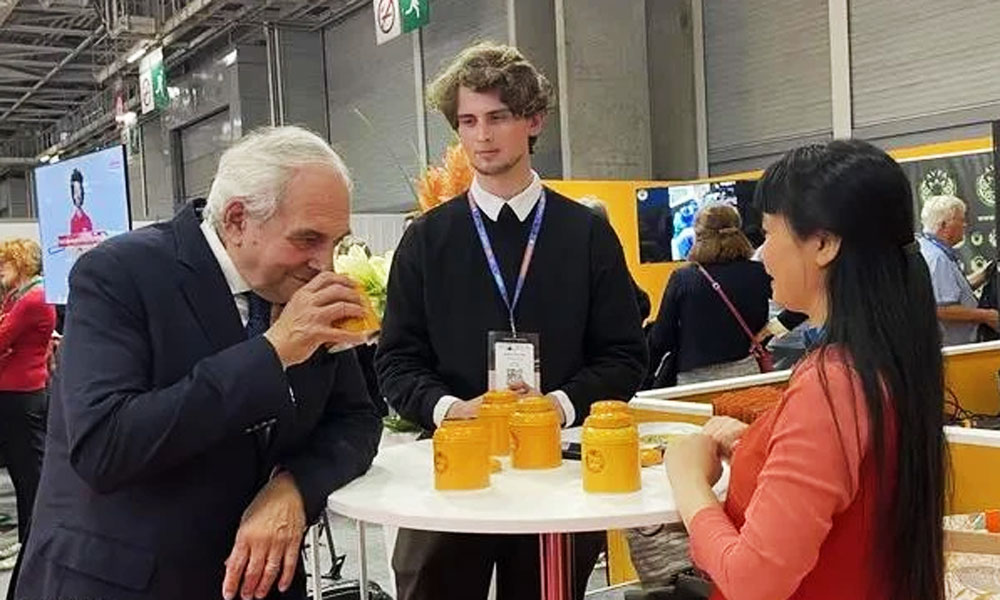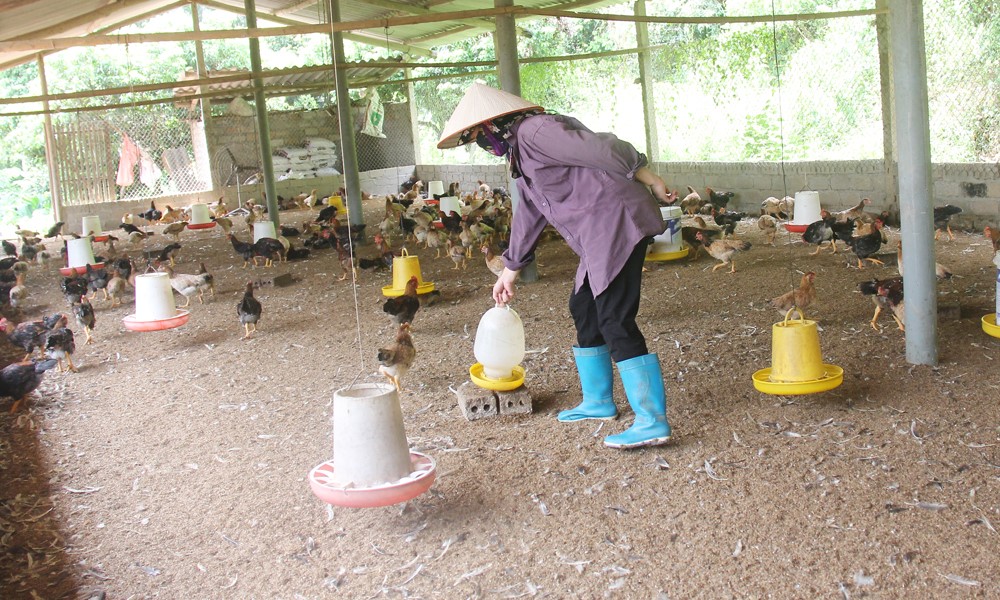Leaving Japan to come back homeland for farm work
Going far to return
10 years ago, a number of young people in Yen Dung district went to work in Japan under labour export contracts to earn money for their family. Vy also studied Japanese, farewelled his young wife and little kid to go to work in Japan in early 2017.
 |
|
The pigeon farm of Vy’s family. |
Firstly, he worked for a construction company as a painter. For a while, he found it unsuitable for him thus he moved to another company specializing in livestock and plantation.
There were total 16 Vietnamese workers in this company. Vy was impressed that they totally used automatic machines for the farm work. The intention to apply this model in his home fields had been on his mind from the beginning.
Vy had learned experience and advanced farming methods of Japan and carefully noted down in his notebook. His visa was extended 1 year due to Covid-19. He came back his home country in late 2021 with not his income of 20 million VND (814.9 USD) per month but a bunch of knowledge with the startup initiative on his home land.
Startup with farming
Vy’s decision to stay in his home land for startup with farm work faced numerous obstacles. Thanks to the encouragement and support of his family and friends, he spent nearly 1 billion VND (40,745 USD) to buy 1,000 couples of pigeons to feed at his house.
 |
|
Luu Xuan Vy checks the drip irrigation system for melon farming in membrane houses. |
He encountered many difficulties at the beginning when 30 percent of the pigeons died due to asthmatic and fungal diseases. He strived to seek for solutions while paying careful attention to all steps including cleaning barns and cages, selecting breeds, animal feed and vaccination.
From the 3rd month, his pigeon farm has developed and generated stable income. After 8 months, the pigeons started to reproduce, then he equipped incubators in the breeding pigeon cages.
To date, he has expanded the farming scale to 4 farms with total 9,000 couples of pigeons including 2 farms at his house and 2 others in Luc Nam district.
In order to handle the leftover feed of the pigeons, he decided to raise 500 chickens and 1,000 ducks. The poultry waste has been treated with probiotic fermentation technology to become fertilizers for plants.
In late 2022, he established and became the Director of Hong Son High-tech Agricultural Cooperative. He invested 11 billion VND (448,193 USD) to build 3 membrane houses on an area of 8,500 square metre in the field in Dong Son village. The membrane houses have been equipped with modern technology, automatic sunshade system, air convection fans, curtains and Israel’s drip irrigation system with 2 neelde-liked tubes for each plant.
He planted 5,400 melons, baby cucumber and Korean melon trees meeting VietGAP standards in March 2023. He harvested tonnes of products in the first crop when traders ordered to buy the whole gargen to supply the supermarkets like Winmart and BigC Thang Long. He is preparing to plant bell pepper, baby pumkin, cherry tomato and pilot strawberry in membrane houses in this winter crop.
Hong Son High-Tech Agricultural Cooperative is creating stable jobs for 14 labourers at an average salary from 7 to 8 million VND (285.2 to 326 USD) per month. In veggie crop when he needs more labour, he hires 8 more seasonal workers.
Vy said the Cooperative is implementing necessary procedures to build and expand more 12,500 square metre of membrane houses for this farming model.
 Bắc giang
Bắc giang














Reader's comments (0)